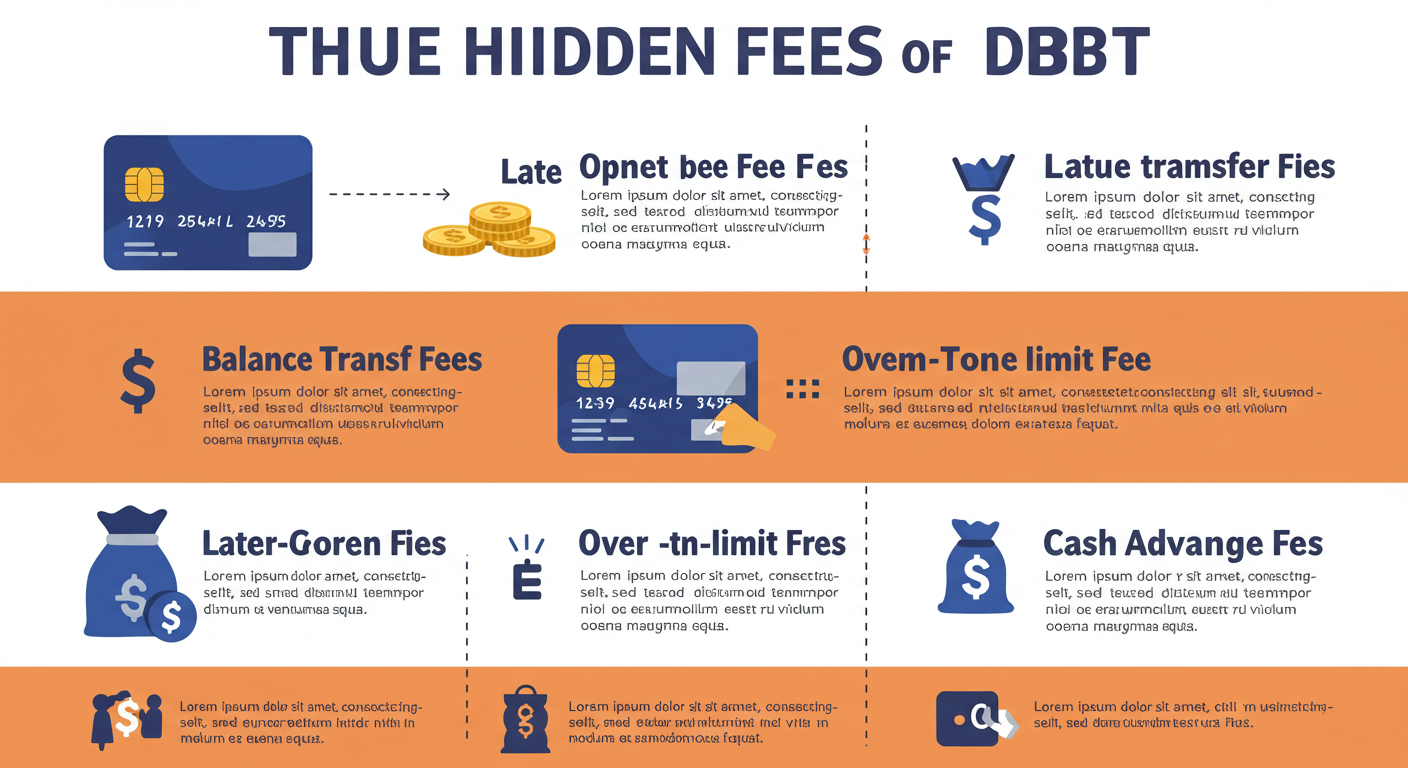Understanding Retirement Savings: What You Need to Know
Retirement savings is a critical aspect of financial planning that ensures you can maintain your desired lifestyle and meet your basic needs after leaving the workforce. Understanding your financial needs is imperative to develop an effective retirement savings strategy. Below, we delve into several essential considerations to help you secure your future.
Assessing Your Retirement Goals
Identifying what you envision for your retirement is the first step. Questions to consider include:
- Lifestyle Choices: Do you want to travel, downsize your home, or pursue hobbies?
- Living Expenses: Estimate your yearly expenses, factoring in housing, healthcare, and leisure activities.
- Location: Will you retire in your current location, or do you plan to relocate to a more affordable area or a place with a lower cost of living?
Setting clear retirement goals will guide your savings plan and investment strategies.
Understanding Retirement Accounts
Making informed decisions about retirement accounts can significantly influence your savings and investment growth:
- 401(k) Plans: Many employers offer these plans, which enable pre-tax contributions, tax-deferred growth, and often include employer matching contributions.
- Individual Retirement Accounts (IRAs): Consider Traditional IRAs for tax-deductible contributions and Traditional Roth IRAs for tax-free withdrawals in retirement.
- Health Savings Accounts (HSAs): If you are enrolled in a high-deductible health plan, an HSA can save you money on medical expenses during retirement while also offering tax advantages.
Calculating Your Retirement Needs
Determining how much you need to save for retirement is crucial:
- Retirement Age and Duration: The earlier you retire, the longer you will need your savings to last. A 30-year retirement requires a different strategy than one lasting just 15 years.
- Income Replacement Ratio: This ratio helps assess how much of your pre-retirement income you will need to maintain your lifestyle. A common target is 70-80%.
- Inflation Consideration: Anticipate the impact of inflation on your retirement savings. Historically, inflation averages around 3% per year, which compounds over time.
The Power of Compound Interest
Understanding compound interest is fundamental to growing your retirement savings:
- Start Early: The earlier you start saving, the more time your money has to grow through compound interest.
- Regular Contributions: Make consistent contributions to your retirement accounts. Even small amounts can compound significantly over the years.
- Reinvestment of Returns: Keep your investment returns invested rather than withdrawing them, maximizing your growth potential.
Investment Strategies for Retirement
Tailoring your investment strategy based on your horizon and risk tolerance is crucial:
- Asset Allocation: Diversify your portfolio among stocks, bonds, and other assets. Younger investors may focus more on stocks for growth, while those closer to retirement may prefer a bond-heavy approach for stability.
- Risk Tolerance: Assess your comfort with risk. Higher risk may yield higher returns, but it can also lead to more significant losses.
- Periodic Rebalancing: Regularly review your asset allocation to maintain your intended level of risk and capitalize on market opportunities.
Social Security Benefits
Understanding how Social Security fits into your retirement plan is essential:
- Eligibility and Calculation: Learn how your benefits are calculated based on your earnings history and age at retirement.
- Optimal Withdrawal Age: You can begin claiming benefits at 62, but delaying until your full retirement age (or up to 70) can significantly increase your monthly benefit.
- Integration with Other Income Sources: Consider Social Security as one piece of your overall retirement income puzzle, balancing it with withdrawals from your retirement accounts.
Healthcare Costs in Retirement
Healthcare should be a significant consideration in your retirement planning:
- Medicare and Medicaid: Understand the difference between these programs and your eligibility for each. Medicare usually kicks in at age 65 but doesn’t cover all medical expenses.
- Long-term Care: Consider the potential need for long-term care as you age. Investigate long-term care insurance or self-funding options.
- Health Expenses Estimates: Factor in health expenses that might arise, even with Medicare. Research suggests that retirees could face average healthcare costs around $300,000.
Tax Considerations for Retirement Savings
Tax implications play a crucial role in your retirement savings plan:
- Tax-Deferred Growth: Contributing to accounts like 401(k) and Traditional IRAs allows your savings to grow without immediate tax impacts.
- Taxable Income in Retirement: plan for taxes on withdrawals from tax-deferred accounts. Calculate your projected tax bracket at retirement.
- Roth Conversion Strategies: Consider converting a portion of your IRAs to Roth IRAs to enjoy tax-free withdrawals in retirement.
Hiring a Financial Advisor
Assess whether you need professional guidance for your retirement planning:
- Expertise and Customization: A financial advisor can help tailor a retirement plan based on your goals, current situation, and market conditions.
- Ongoing Monitoring: An advisor can help monitor your investments, adjust your strategy as needed, and keep you accountable to your savings goals.
- Cost Considerations: Evaluate the costs associated with hiring an advisor, balancing them against the potential benefits they can provide.
Continuous Education and Adaptation
Stay informed and flexible regarding your retirement plan:
- Regularly Review Your Plan: Assess your progress towards your retirement savings goals at least annually.
- Educate Yourself: Take free courses or read books on personal finance and retirement planning to improve your understanding.
- Lifecycle Adjustments: Be prepared to adjust your savings strategy based on life changes — such as unexpected expenses, changes in income, or shifts in retirement goals.
By considering each of these aspects carefully, you will be better positioned to achieve a secure and fulfilling retirement. Prioritizing your financial needs and staying proactive are key to enjoying the comfortable retirement you deserve.




